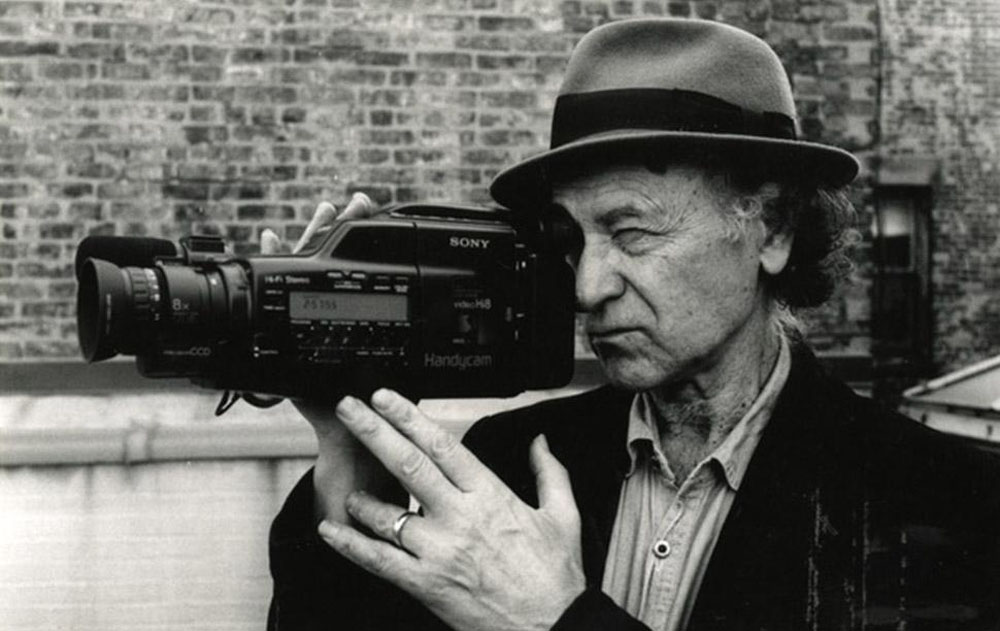There is a sense from “Fragments of Paradise” that Jonas Mekas made movies as if he were working off an unforgivable debt, remembered by friends and colleagues with a camera always on him if not always turned on. Of course, generations of filmmakers owe him, having popularized avant garde films first as a publisher of the journal Film Culture, then as a critic for the Village Voice and eventually creating a space for them at the Anthology Film Archives all while becoming a titan of the form. But as director K.D. Davison reminds in traveling to Vilinius, Lithuania where Mekas fled with his brother Adolfas in the wake of World War II, he understood the power of the medium more than most, only able to return to the country when one of his films was accepted at the Moscow Film Festival in 1971, enabling a visit with his mother for the first time in 25 years, and had a compulsion to film as much as he could when every frame reflected a kind of a freedom as much as preservation of memories of a life that could easily have been cut short.
Davidson and crew know exactly what to do with all the footage Mekas accumulated over the years in “Fragments of Paradise,” which has his children Oona and Sebastian as executive producers and seemingly unfettered access to his archives, allowing for Mekas to almost tell his own story from beyond the grave after passing away in 2019 when he would film his life almost daily (and actually did for the entirety of 2007 for “The 365 Day Project”). However, some judicious editing and the thoughtful interviews with the likes of Amy Taubin, John Waters, Jim Jarmusch and the late Peter Bogdanovich, among others, truly afford additional insight into how Mekas was uniquely prepared to be “a prophet” for the artform, as Martin Scorsese says, while outlining the costs of devoting himself so fully to the cause.
“Fragments of Paradise,” titled after Mekas’ description of what he found film to be, is shrewdly organized to bring up his many, many accomplishments upfront after arriving in New York in the 1950s before cutting back to his youth in Lithuania and eventually his struggle, along with his wife of 30 years Hollis Melton, to open Anthology and sustain it. When everything seems to come easily to Mekas in the film’s first third – brilliantly, he created a loop where he’d program films from experimental filmmakers at the Filmmakers Co-op and be able to hype them himself in the pages of the voice where cinephiles would be excited for his recommendations – the determination he had surely arose from surviving everything else and appreciating every moment. (As Brooklyn Rail publisher Phuong Bui recalls, he was every bit as fascinated by filming cockroaches cross the city streets as he was by John Lennon and Yoko Ono, who would become his friends.)
The film flourishes as a true celebration of life, buoyed by a spirited score from Osei Essed and Saul Simon MacWilliams and obviously all those magnificent images Mekas collected over the years, illustrating that even as an observer, Mekas was all in as a participant. Perhaps most impressively is how “Fragments of Paradise” is able to honor Mekas’ adventurousness while remaining accessible for the casual viewer, no doubt inviting audiences much as the filmmaker and film advocate did to dig in a little deeper into the form he championed. With such an energetic and vibrant portrait, his enthusiasm continues to be eternally infectious.
“Fragments of Paradise” will screen again at the Venice Film Festival on September 3rd at 5 pm at the Sala Volpi.




